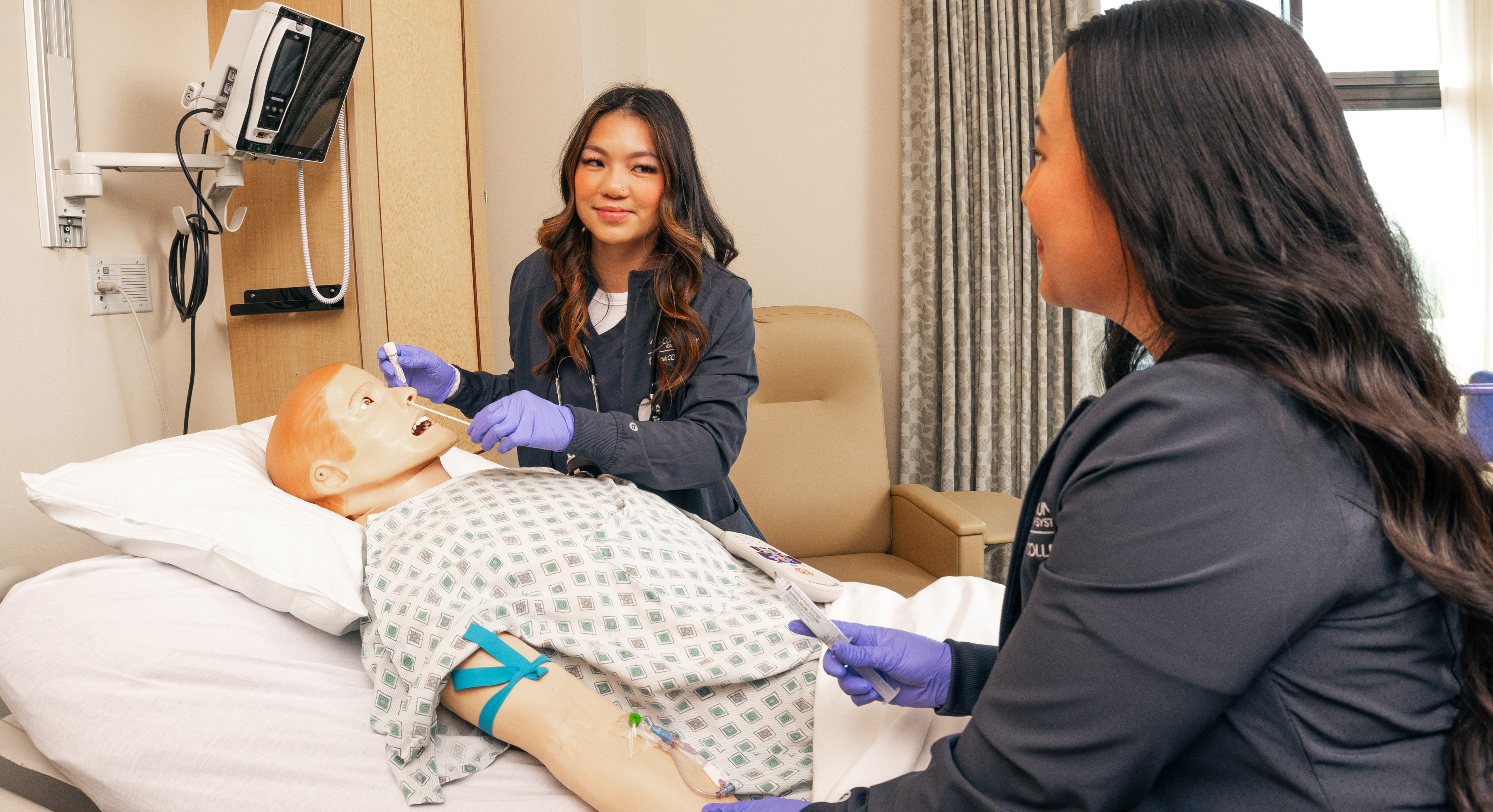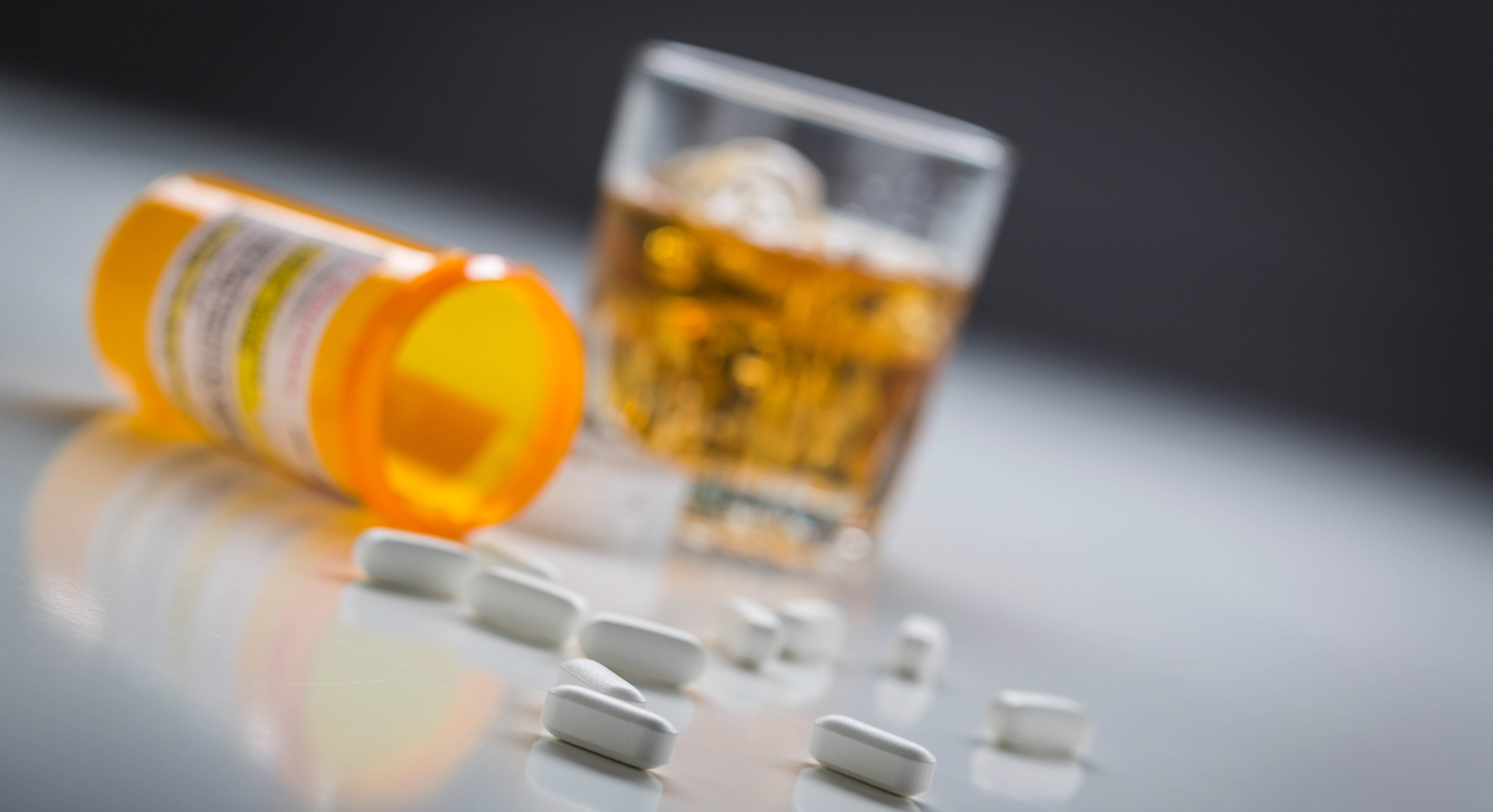That two o’clock feeling. It’s the time of the afternoon when you’re sitting at your desk and your mind and body hit that afternoon slump. For most adults, when the clock strikes 2 p.m., you’re considering brewing an afternoon cup of coffee or cracking open a caffeine-fueled energy drink to help get you through the rest of the work day (and night).
While caffeine affects everyone differently, one thing remains the same: our health can be at risk if we consume too much. So while a little boost of caffeine might be what you need in the moment, how does it exactly affect your overall health? Children and adolescents should limit their caffeine consumption due to its effects on heart rate. In some adults, drinking excessive amounts of caffeine can cause negative side effects like headaches, restlessness and muscle tremors. People who are highlight sensitive to caffeine or take certain medications should not consume caffeine either.
How Does the Caffeine in Coffee Affect Me?
Coffee is one of the most commonly consumed drinks that we go to for a caffeine boost. Some studies have shown that while coffee is mostly known for providing us with a boost of caffeine, people who drink coffee and consume caffeine in moderation (approximately 2-3 cups of coffee per day) tend to experience more health benefits than harm such as:
-
Protection against Parkinson’s disease
-
Decreased risk of developing type 2 diabetes
-
Lowered risk of liver disease, including liver cancer
-
Improved mental ability
-
Reduced risk of depression
Caffeine is generally safe when consumed moderately and most often doesn’t pose many health problems. Although coffee may have fewer risks than benefits to your health, keep in mind that you can get other nutrients from other beverages such as milk and some fruit juices as well.
How Much is Too Much Caffeine?
While studies may reveal potential health benefits, those same studies found that increased caffeine consumption can increase the risk of heart disease. Consuming products that have high levels of caffeine in excessive amounts can be dangerous to your health and among other health problems, might cause some of the following health risks[i]:
-
Anxiety
-
Increased blood pressure
-
Insomnia
-
Nausea or upset stomach
-
Nervousness
-
Rapid Heart Rate
-
Restlessness
Will Caffeine Help Me Lose Weight?
You can find caffeine in coffee, green tea, energy drinks and in a variety of supplements (specifically those targeted to “weight loss” or “fat burning”). While caffeine might slightly prevent increased weight gain, there are no real studies that can prove the fact that you can lose a significant amount of weight by drinking, or consuming, high levels of caffeine.
Caffeine is credited with suppressing your appetite which may cause you to feel less hungry and can increase your body’s energy use to burning slightly more calories even when you’re resting. However, some caffeinated beverages – specifically, coffee when mixed with cream and sugar – can be high in calories and fat, as a result, you might gain weight if you consume too many of these types of drinks.
Although caffeine and coffee may have numerous health benefits, any nutrition advice needs to work for you specifically and you should consult with your primary care physician if you have any questions about caffeine consumption and your overall health.



.jpg)


